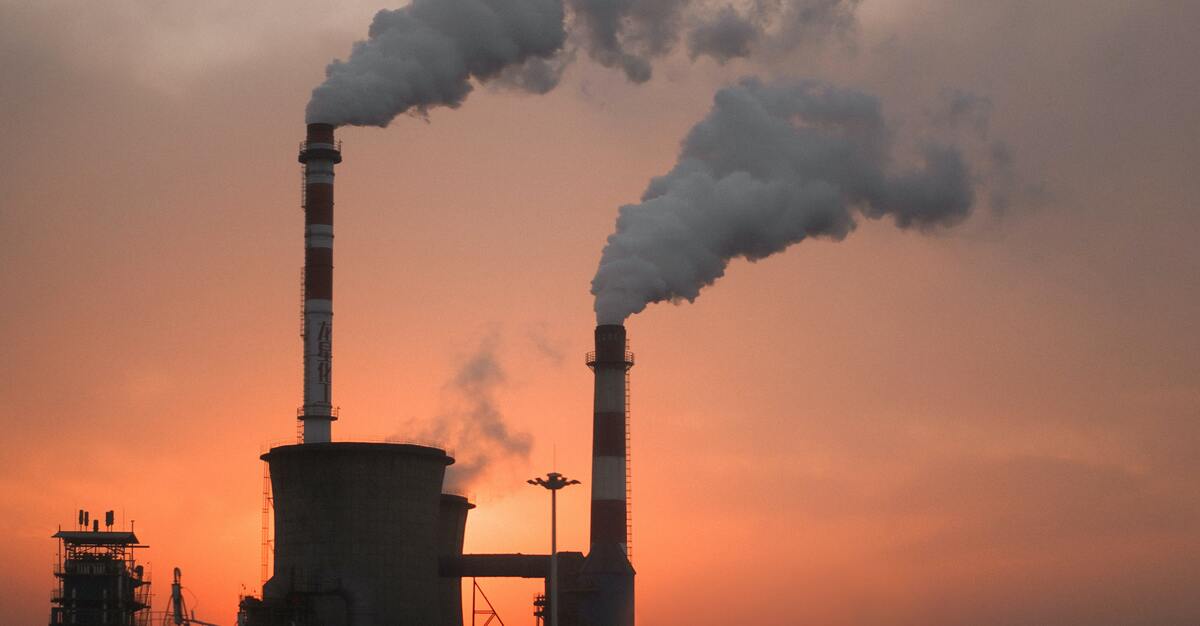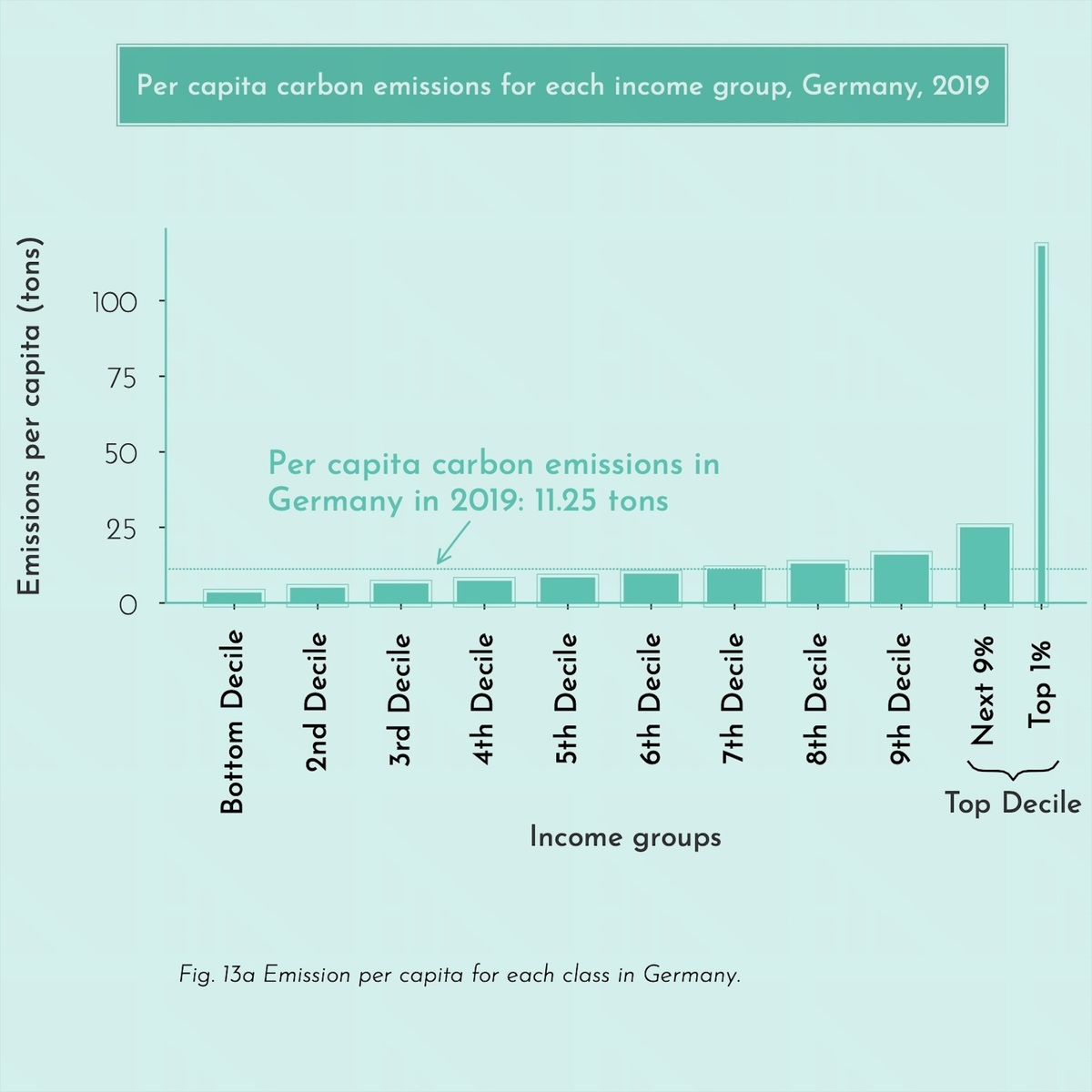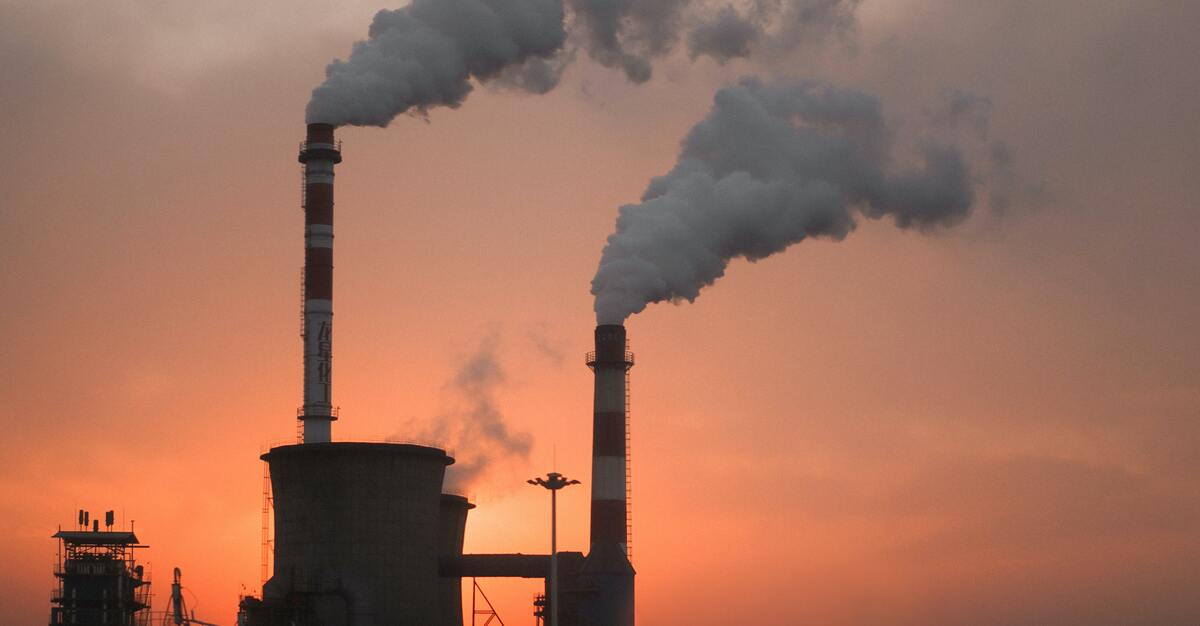CO2 tax against climate change and poverty
How can the fight against climate change and global poverty be combined in a sustainable and just way? Philipp Frey, researcher at ITAS in the field of technology and work, and the economist Luiz Garcia from the British think tank Autonomy explored this question in their study. They investigated the distributional impact of a CO2 tax at the global, national, and European level if it were to be refunded in equal parts to the population.
Reducing extreme income disparities
With an ambitious CO2 price, such a tax would, for example, increase the cost of a 1,000-kilometer car trip with an average gasoline-powered vehicle by just under 16 euros and the cost of a high-quality smartphone by about 10 euros, say the authors. However, these additional costs would be partially offset by the dividend component of the tax model: For example, due to its disproportionate emissions, the highest-income 1% of the German population would be heavily burdened by such a CO2 tax (-12% household income), whereas the income of the bottom 10% of Germans could increase by almost 15%.
The study concludes that such a scheme at a global level could help eradicate extreme poverty, since people with extremely low incomes are only responsible for very low emissions. Such a system would not only bring about a massive redistribution in favor of emerging and developing countries but would also reduce the massive income disparities within individual economies, the two authors argue.
Expansion of alternative energy sources with a secure standard of living
“We don’t have much time left to fight climate change, so heads of state and government around the world urgently need to consider proposals to tax carbon on consumption,” Philipp Frey warns. According to the ITAS scientist, the dividend component is of crucial importance here. With its help, the standard of living can be secured and improved while society expands alternatives to fossil fuels. (28.04.2022)
Further information:
- Study: Toll Gates and Money Pumps: Why carbon taxation could be a simple, fair and transformative policy instrument
- Article in the Independent: Carbon tax could eradicate extreme poverty, economists say




